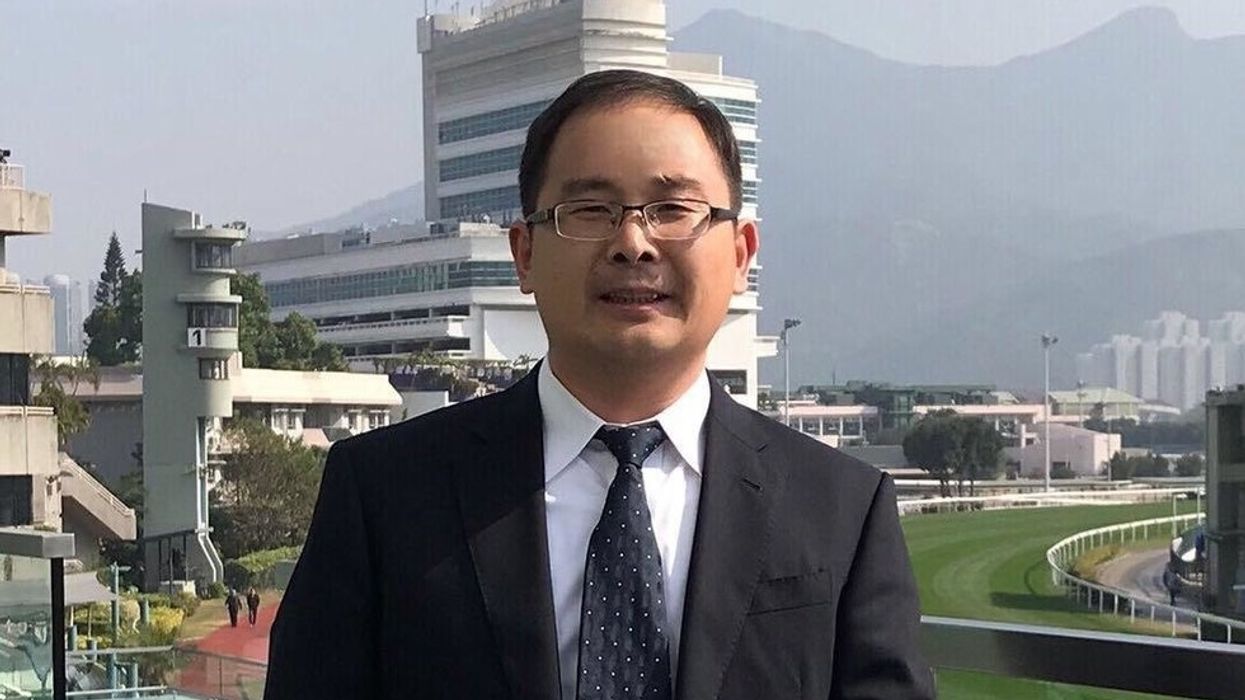11 startups pitch top Houston angel investors at biannual summit
money moves
The Houston Angel Network checked in with their investors and portfolio companies at their biannual Houston Angel Summit that gathered HAN members, local investors, and startup founders for a day full of educational opportunities, pitches, and fireside chats.
The event, which took place last week at Rice University's Liu Idea Lab for Innovation and Entrepreneurship, featured 11 startups – both new and more familiar to HAN members – pitching their growing companies in hopes of catching the interest of potential investors.
BioMedical Music Solutions
Austin-based BioMedical Music Solutions has a SaaS platform that uses artificial intelligence and music to accelerate rehabilitation at a lower cost. Founder Hope Young explained her years-proven therapy can work its magic in one-third of the time and one-tenth of the cost of traditional physical therapy sessions.
Optelos
Houston-based Optelos has a patented SaaS solution that can transform physical asset images, videos, and documents into what's known as a "Digital Inspection Twin" that can enabling knowledge workers utilizing our unified data management, reality modeling, and in-process artificial intelligence solution, to digitally visualize, analyze and manage their entire asset base.
Pocket Naloxone
Maryland-based Pocket Naloxone is attempting to solve the opioid crisis. The company has a portfolio of over-the-counter drug overdose reversal agents, including a naloxone OTC product.
AI Driller
Houston-based AI Driller is using mathematic algorithms to apply automation on rigs for drilling. The startup can also offer its clients real-time data and cuts out the opportunity for human error.
Cavu Biotherapies
Houston pet immunotherapy company, Cavu Biotherapies, has seen a tremendous amount of growth and is now a treatment partner at 43 clinic providers in 18 states and Canada. Founder Colleen O'Connor says she's seen a near 600 percent growth in revenue over the past year and treated 38 dog cancer patients in that timeframe.
CorInnova
Another Houston company, CorInnova, has created a device from a soft, flexible material that can be easily inserted through a 1-inch incision, and then be used for increase blood pumping in the heart by 50 percent.
Hive Genie
Houston-based Hive Genie is using technology to help beekeepers optimize their pollination operations and monitor hive operations remotely. Gone are the days, Hive Genie hopes, that beekeepers need to suit up to track and maintain their colonies physically.
Siera AI
Austin-based Siera AI is using its AI-enabled cloud IoT platform for logistics solutions and safety improvements in warehouse settings. A goal of the company's, according to its website, is to free humans from these types of dull, dangerous, dirty tasks.
Skycom
The sky's not even the limit for Austin-based Skycom and its airship technology that supplies low-cost cell towers in orbit. The technology can bring down the cost of mobile service providers and allow for growth into new markets.
Tevido
Another Austin company, Tevido uses a pigment cell graft process to use patients' own skin cells to restore normal skin color for patients with vitiligo and pale scars.
Tot Squad
Los Angeles-based Tot Squad emerged as a service-focused company for baby-related tasks and now has emerged as a digital marketplace connecting service providers online to parents and to-be parents for needs like stroller cleaning or carseat installation.





 Houston-based Ridgeline Therapeutics isn't going to allow you beat aging, but someday it may well help you to live without muscle loss or diabetes. Getty Images
Houston-based Ridgeline Therapeutics isn't going to allow you beat aging, but someday it may well help you to live without muscle loss or diabetes. Getty Images






